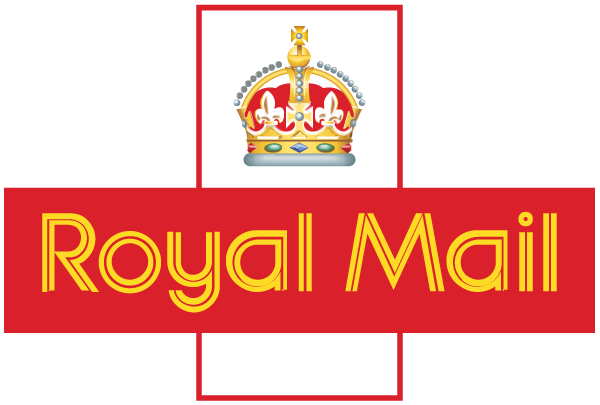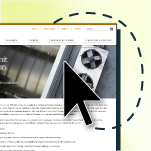
- Products
-
-
Utility Management
Get best-in-class portfolio level utility bill data management and reporting—powered by Watts AI.
-
Add-ons and services
Enhance your Utility Management experience with these helpful add-ons.
-
Features
Take your Utility Management further with focused feature enhancements
-
-
-
-
Customize your package based on your business’s needs.
-
-
- Solutions
-
-
By role
Our energy and utility management software brings cross-functional teams together.
-
By industry
40+ years of energy excellence across industries.
-
-
- Success Stories
- Resources
-
-
Explore Categories
Discover how EnergyCAP can help manage your energy, utility, and carbon data through helpful blog posts, live webinars, and in-person events.
-
Popular Articles
-
Featured Resources
-
-
- Company










